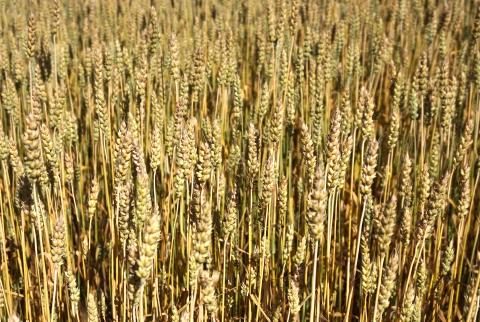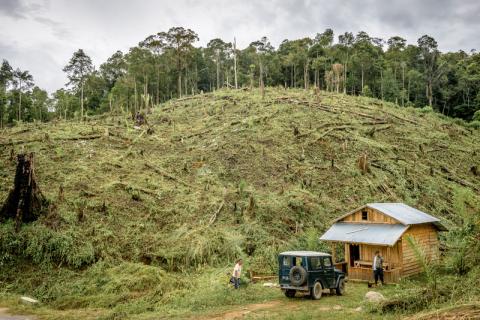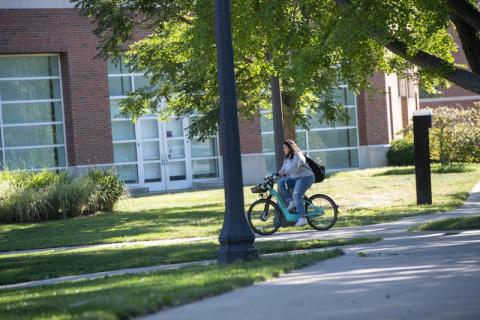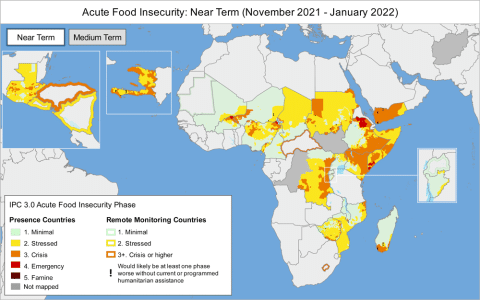Since the breakup of the Soviet Union in 1991, Ukraine has regained its traditional position as one of the most important breadbaskets of the world. More than 55% of Ukraine’s land area is “farmable” and it has some of the most productive soils in the world. According to the USDA, Ukraine produces about 4% of global corn and wheat supplies, 7% of barley, and 31% of sunflower oil.
It is not just the size of Ukrainian crop production that is worrisome for global food supplies, but the fact that so much of it is exported. Ukraine is now the 5th largest exporter of wheat in the world, supplying 10% of global wheat exports. Ukrainian farmers have fallen in love with corn, and now contribute nearly 15% of global exports. Agricultural products are Ukraine’s largest export and were valued at nearly $70 billion in 2021.
Read the full article from Time Magazine written by Scott Irwin, April 14, 2022




